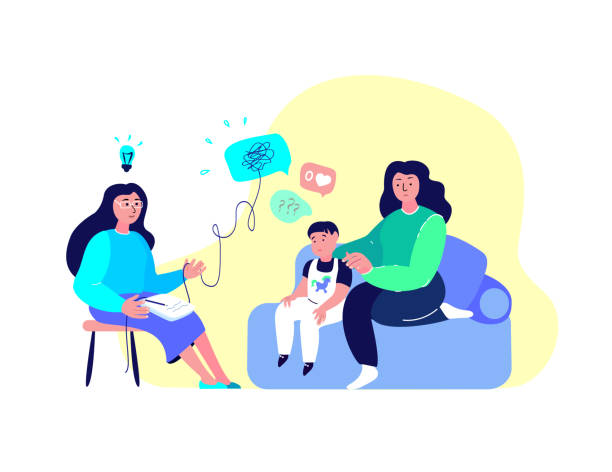
All children who enrol for ABA therapy at FOS ABA Centre start with One-on-One Therapy. We provide them with highly intensive and focused therapy. and continue to advance, such as compliance, following instruction, self-help and motor skills, language, sibling relationships, age-appropriate play, and other social skills.
One-on-One Therapy pairs one child with one of our ABA technicians. The technicians work individually with the child during sessions lasting 1-4 hours. The nature of One-on-One Therapy is highly intensive to give children the extra time and attention they need to master specific behaviours and skills.
There are two major styles of one-on-one therapy : Discrete trial (DTT) and Naturalistic (NET). Discrete trial therapy teaches skills one at a time, using positive reinforcement and repetition. Naturalistic therapy, on the other hand, takes advantage of teachable moments that might occur naturally during a one-on-one session.

The focus of One-on-One Therapy varies from child to child. It can range from basic skills, like responding to their name or speaking their first sounds, to more advanced areas, such as building fluency in reading, writing, and math.
Most often, One-on-One Therapy focuses on communication and language skills, visual performance and working memory, early learning and academic skills, instruction following, sibling relationships, age-appropriate play, motor and self-help skills, and interacting with peers in order to develop social skills.
What To Expect
ABA therapy is all about measurable improvement. As our technicians work one-on-one with your child, they will constantly collect data that charts your child's progress with each skill as well as any setbacks that impede their ability to learn. Over time, the collected data can be used to hone their therapy for even better results.
All our technicians are closely supervised by a Qualified Behaviour Analyst (QBA) to ensure interventions are properly administered and children achieve their specific goals and objectives.
As a parent or caregiver, you will receive daily reports on your child's activity as well as quarterly progress summaries. You will also be able to observe your child's therapy sessions, meet with your child's case manager to discuss any specific concern, and participate in parent training to learn how to apply basic ABA techniques at home. Best of all, you will see your child making progress.
